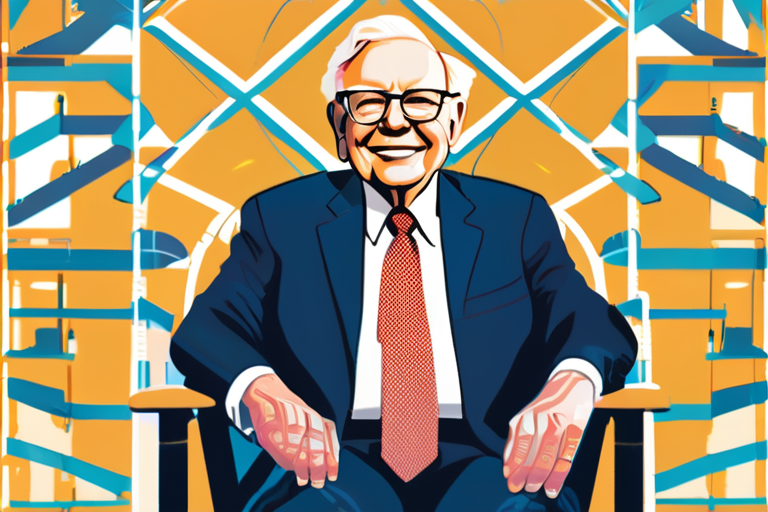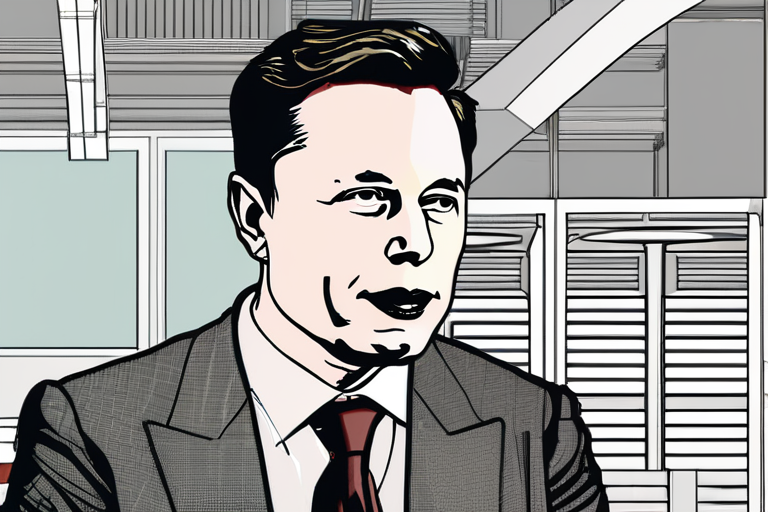Warren Buffett Criticizes Excessive CEO Pay Packages in Final Shareholder Letter
Berkshire Hathaway CEO Warren Buffett has expressed his disapproval of ballooning CEO compensation packages in his final shareholder letter, citing a trend of snowballing pay as executives compete with one another. In the letter, Buffett suggested that chief executives are driven by greed and selfishness to drive up their own pay after seeing competitors ratchet up their own remunerations.
According to data from Equilar, the average CEO compensation package in the S&P 500 index reached $21.3 million in 2022, a 17% increase from the previous year. This trend is not unique to the United States, as CEO pay has also been rising globally. A report by the Institute for Directors found that the average CEO compensation in the UK, for instance, reached £3.4 million (approximately $4.3 million) in 2022, a 15% increase from the previous year.
The market impact of this trend is significant, as it can lead to a widening wealth gap between executives and employees. A study by the Economic Policy Institute found that the ratio of CEO-to-worker compensation in the United States has increased from 20:1 in 1965 to over 300:1 in 2020. This can have a negative impact on employee morale and productivity, as well as create social and economic inequalities.
Berkshire Hathaway, a multinational conglomerate led by Buffett, has a long history of paying its CEO modestly compared to other large corporations. Buffett's annual compensation package has been around $100,000 for the past several years, a fraction of what many of his peers earn. This approach is reflective of Buffett's value-driven leadership style, which prioritizes long-term value creation over short-term gains.
As Buffett prepares to hand over the reins to Berkshire Hathaway's vice chair Greg Abel, his final shareholder letter serves as a warning to the business community about the dangers of excessive CEO pay. The trend of snowballing CEO compensation packages is not likely to slow down anytime soon, but Buffett's comments highlight the need for greater transparency and accountability in executive compensation practices.
In the future, investors and regulators may need to re-examine the current compensation structures in place and consider alternative approaches that prioritize long-term value creation and social responsibility. As Buffett's legacy continues to shape the business world, his critique of excessive CEO pay serves as a reminder of the importance of balancing individual interests with the greater good.



























Share & Engage Share
Share this article